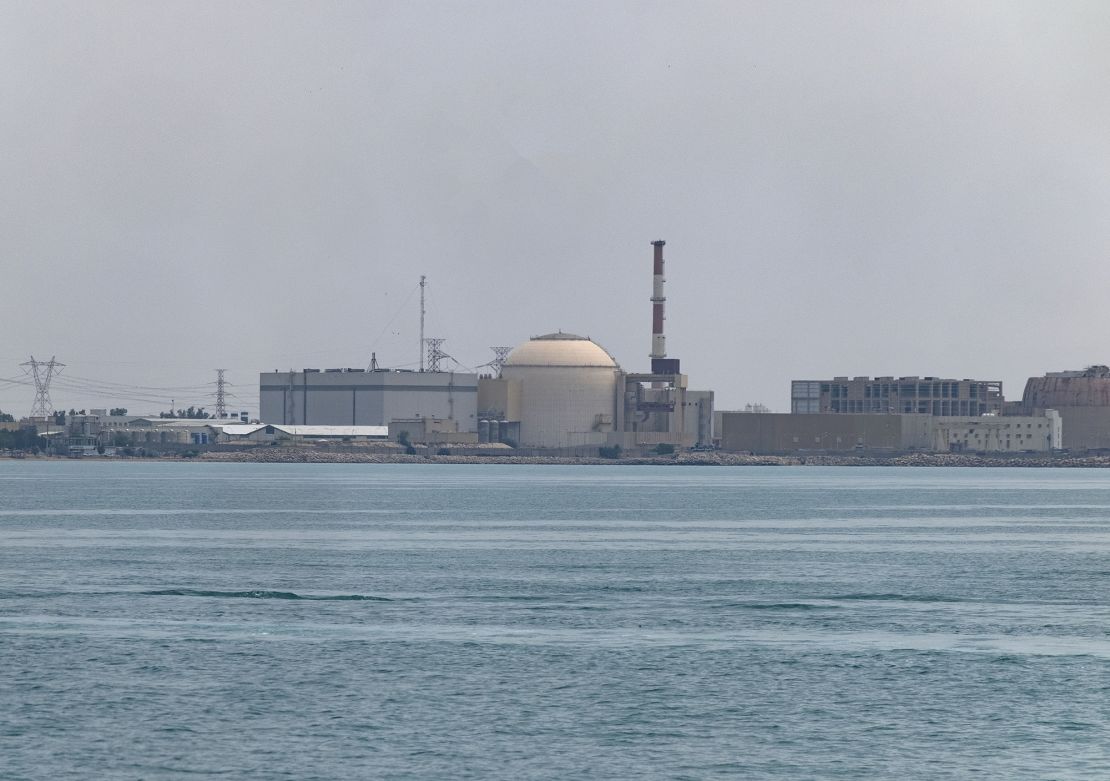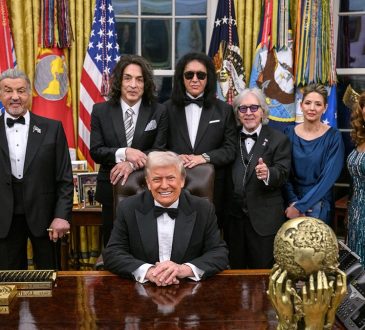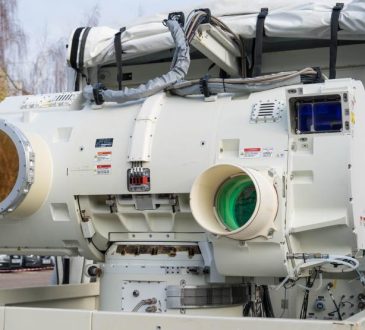Diplomatic Chess: Saudi Arabia Eyes Key Mediator Role in Trump-Iran Nuclear Talks

Riyadh’s Calculated Gamble in Global Power Play
In a striking development that could reshape Middle Eastern geopolitics, Saudi Arabia has positioned itself as a potential mediator between the Trump administration and Iran in the pursuit of a new nuclear agreement. This move underscores Riyadh’s evolving diplomatic strategy, leveraging its influence to secure a place at the negotiating table while maintaining its regional stability goals.
A Shifting Landscape of Regional Power
Saudi Arabia’s interest in brokering a deal comes at a critical moment. The kingdom has long viewed Iran’s nuclear ambitions as a destabilizing factor but now fears that Tehran may be more inclined than ever to pursue nuclear capabilities. The erosion of Iran’s regional proxy networks—once seen as a strategic deterrent—has amplified these concerns, making a renewed nuclear agreement more urgent.
While no formal mediation offer has been extended, Saudi Arabia’s behind-the-scenes maneuvering signals its determination to capitalize on its improving ties with Iran. This follows a historic China-brokered agreement in March 2023 that normalized relations between the two long-time rivals, leading to a notable de-escalation of regional hostilities.
Trump’s Unconventional Approach and Iran’s Mixed Signals
Since his return to office, President Donald Trump has reiterated his desire for a new nuclear deal with Iran, emphasizing his preference for diplomatic engagement over military confrontation. In a characteristically bold statement, Trump declared on Truth Social:
“I want Iran to be a great and successful country, but one that cannot have a nuclear weapon. We should start working on a verified nuclear peace agreement immediately—and have a big Middle East celebration when it is signed!”
However, Tehran’s response has been lukewarm. While Iranian President Masoud Pezeshkian has expressed willingness to engage with the Trump administration, Supreme Leader Ayatollah Ali Khamenei remains skeptical, dismissing negotiations as “not smart.” This divergence within Iran’s leadership complicates diplomatic efforts, leaving room for external actors like Saudi Arabia to step in.
Saudi Arabia’s Strategic Playbook
For Saudi Arabia, mediating these talks serves multiple objectives. Riyadh seeks to de-escalate tensions with Iran while simultaneously preventing Tehran from acquiring nuclear weapons. Moreover, Saudi leaders recognize that a politically and economically weakened Iran may not be in their long-term interest.
The kingdom has recalibrated its foreign policy to prioritize economic growth, and prolonged instability poses a direct threat to its Vision 2030 initiatives. A new nuclear agreement could foster a more predictable regional environment, facilitating Saudi Arabia’s ambition to become the Gulf’s preeminent power broker.
The Trump-MBS Factor
The relationship between Trump and Saudi Crown Prince Mohammed bin Salman (MBS) is expected to play a pivotal role in any mediation effort. Trump’s affinity for Saudi Arabia was evident during his first presidency when Riyadh was the destination of his inaugural foreign visit. Speculation is mounting that history may repeat itself, with Saudi Arabia again serving as a diplomatic launchpad for his second term.
Yet, this burgeoning partnership faces potential obstacles. Trump’s controversial proposal for a U.S.-led governance structure in Gaza has been met with stiff Saudi opposition. Riyadh has firmly rejected any initiative involving Palestinian displacement and remains committed to its longstanding stance that Israeli normalization hinges on Palestinian statehood.

A Historic Opportunity or a Diplomatic Mirage?
While Saudi Arabia’s mediation ambitions reflect its growing geopolitical clout, significant hurdles remain. Deep-seated mistrust between Washington and Tehran, coupled with the unpredictability of Trump’s foreign policy decisions, could derail any prospective talks before they even begin.
Moreover, regional players—including Israel—are likely to scrutinize any Saudi-Iranian diplomatic overtures with suspicion. As tensions simmer over Iran’s missile program and Israel’s potential preemptive strikes on Iranian nuclear facilities, Riyadh’s ability to navigate these volatile dynamics will be tested.
A Kingdom at the Crossroads
Saudi Arabia’s potential role as a mediator in Trump-Iran negotiations is a testament to its growing influence on the world stage. However, whether this initiative materializes into a substantive diplomatic breakthrough or remains a symbolic gesture will depend on a confluence of factors—Trump’s strategic calculus, Iran’s internal divisions, and the broader geopolitical landscape.
One thing is clear: the kingdom is no longer a passive observer in regional affairs. By stepping into the fray, Riyadh is making a bold bet on its diplomatic prowess. Whether it pays off remains to be seen, but one cannot ignore the seismic shift in Middle Eastern politics as Saudi Arabia emerges as a key power broker in global negotiations.





